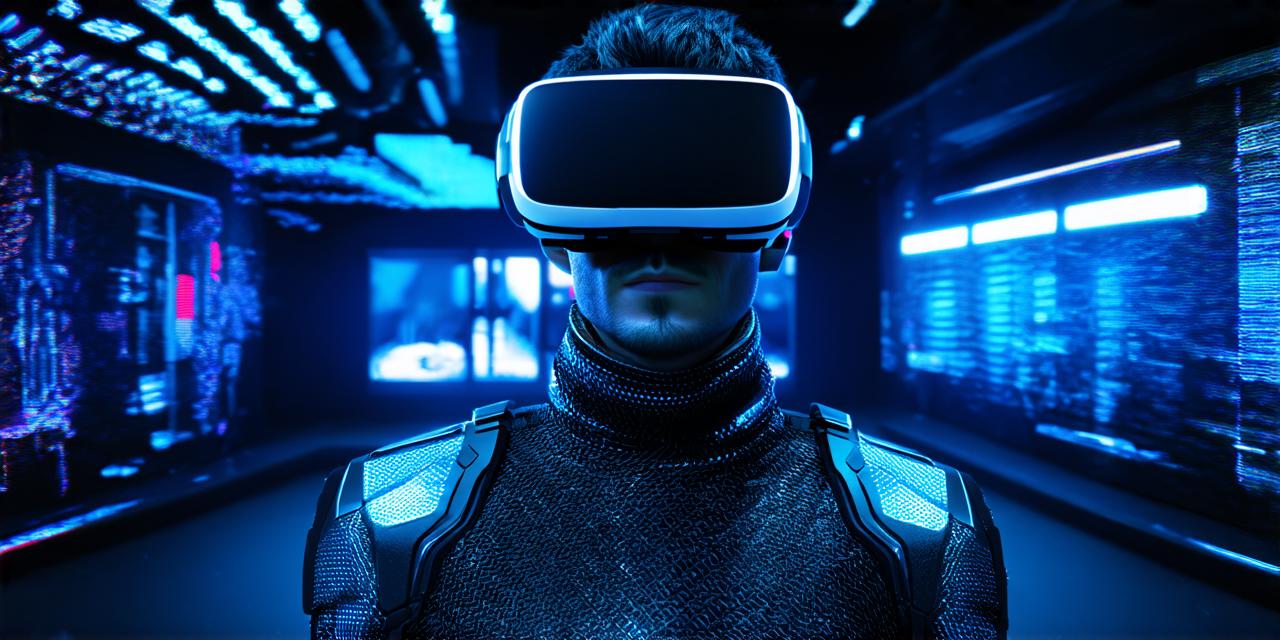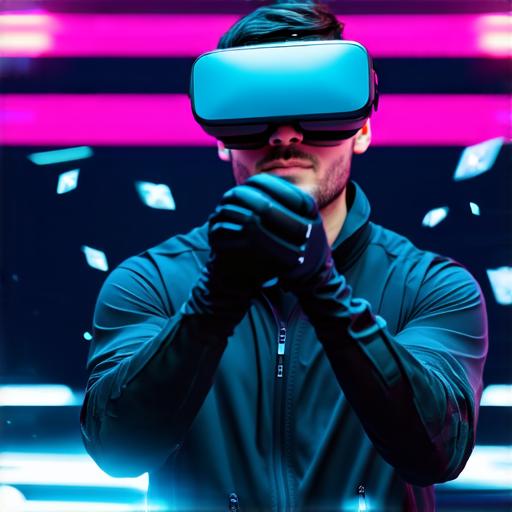
How do you make use of virtual reality?
Virtual reality (VR) technology has been rapidly evolving over the past few years, and it is already making a significant impact on various industries such as gaming, entertainment, education, and healthcare. Virtual reality offers an immersive experience that allows users to interact with their environment in new ways.

This technology can be particularly useful for businesses looking to improve training, simulation, customer service, marketing, and advertising. In this article, we will explore the various applications of VR in business and provide practical tips for developers on how to make use of it effectively.
One of the most promising applications of VR in business is in training and simulation. Virtual reality provides a safe and controlled environment for employees to learn new skills or practice existing ones. This allows businesses to reduce costs and improve safety by eliminating the need for expensive equipment or dangerous situations.
For example, a construction company could use VR to simulate a construction site, allowing trainees to practice operating heavy machinery in a risk-free environment. Similarly, a healthcare provider could use VR to simulate surgical procedures, providing doctors and nurses with hands-on training without exposing patients to unnecessary risks.
Another area where VR can be particularly useful is in customer service. With VR, businesses can create immersive experiences that allow customers to interact with products or services in a more engaging and personalized way. This can lead to increased customer satisfaction and loyalty.
For example, an automotive manufacturer could use VR to allow customers to customize and test drive cars virtually, providing them with a unique and memorable experience. Similarly, a real estate agent could use VR to showcase properties to potential buyers in a more immersive and interactive way.
Virtual reality can also be used in marketing and advertising to create engaging and memorable campaigns. By using VR, businesses can create experiences that are both visually stunning and emotionally resonant, allowing them to connect with their target audience on a deeper level.
For example, a travel company could use VR to allow customers to virtually explore different destinations, providing them with a sense of adventure and excitement. Similarly, a food and beverage brand could use VR to create an immersive dining experience, allowing customers to virtually taste and explore different dishes in a more engaging way.
Despite the many potential benefits of VR in business, there are also some challenges that developers need to be aware of. One of the biggest challenges is creating content that is both visually stunning and emotionally engaging.
Developers need to be able to create immersive environments that transport users into a different world, while also providing them with a sense of purpose and motivation. This requires a deep understanding of human psychology and behavior, as well as a strong creative vision.
Another challenge is ensuring that VR experiences are accessible and user-friendly for everyone. Developers need to be able to create experiences that are intuitive and easy to use, regardless of the user’s level of expertise or experience with VR technology.
Finally, developers need to be aware of the ethical implications of using VR in business. While VR can be a powerful tool for enhancing learning, training, and entertainment, it also has the potential to be used in ways that are harmful or exploitative. Developers need to be mindful of these risks and take steps to ensure that their VR experiences are ethical and responsible.
In conclusion, virtual reality technology offers many opportunities for businesses looking to improve training, simulation, customer service, marketing, and advertising. As a developer, you have a unique opportunity to be at the forefront of this innovative technology. By creating immersive and engaging experiences that enhance learning, training, and entertainment, you can help businesses transform the way they operate and connect with their customers. However, you must also be aware of the challenges and ethical implications associated with using VR in business, and take steps to ensure that your work is responsible and ethical. With careful planning and execution, virtual reality can become a powerful tool for enhancing productivity, creativity, and customer satisfaction.


